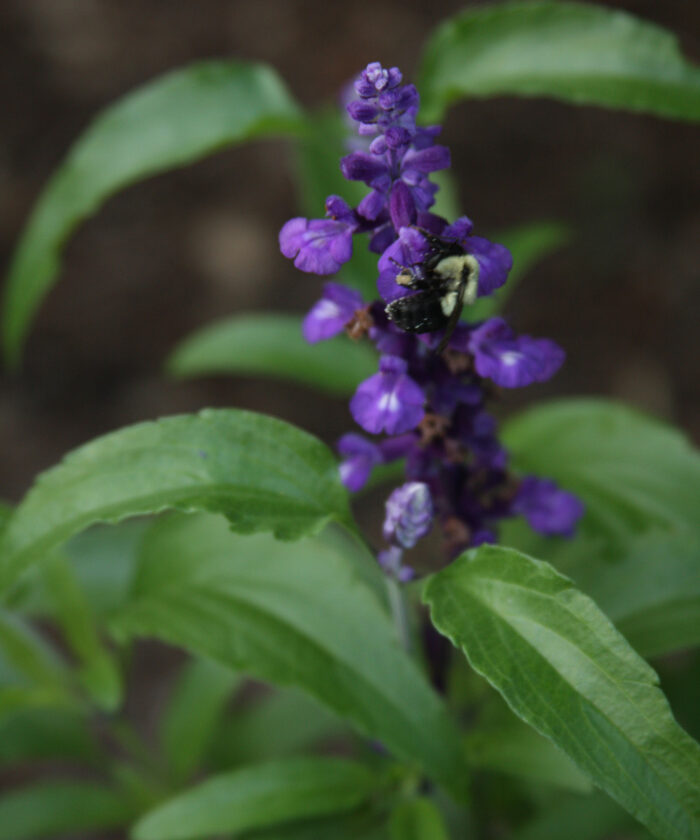
We are more aware these days about the state of bee welfare than we have been before. It’s a fact that bees are incredibly important to the environment and to our own food supply. Helping to keep bees around just requires a few thoughtful choices. Choosing plants to attract bees in containers doesn’t require any garden space, just a sunny spot outside. Planting a container usually involves picking plants to fill the three roles of thriller, filler, and spiller to give a container height and depth and to visually anchor it in the landscape. Perennials, annuals, and even dwarf shrubs all make great selections for containers.
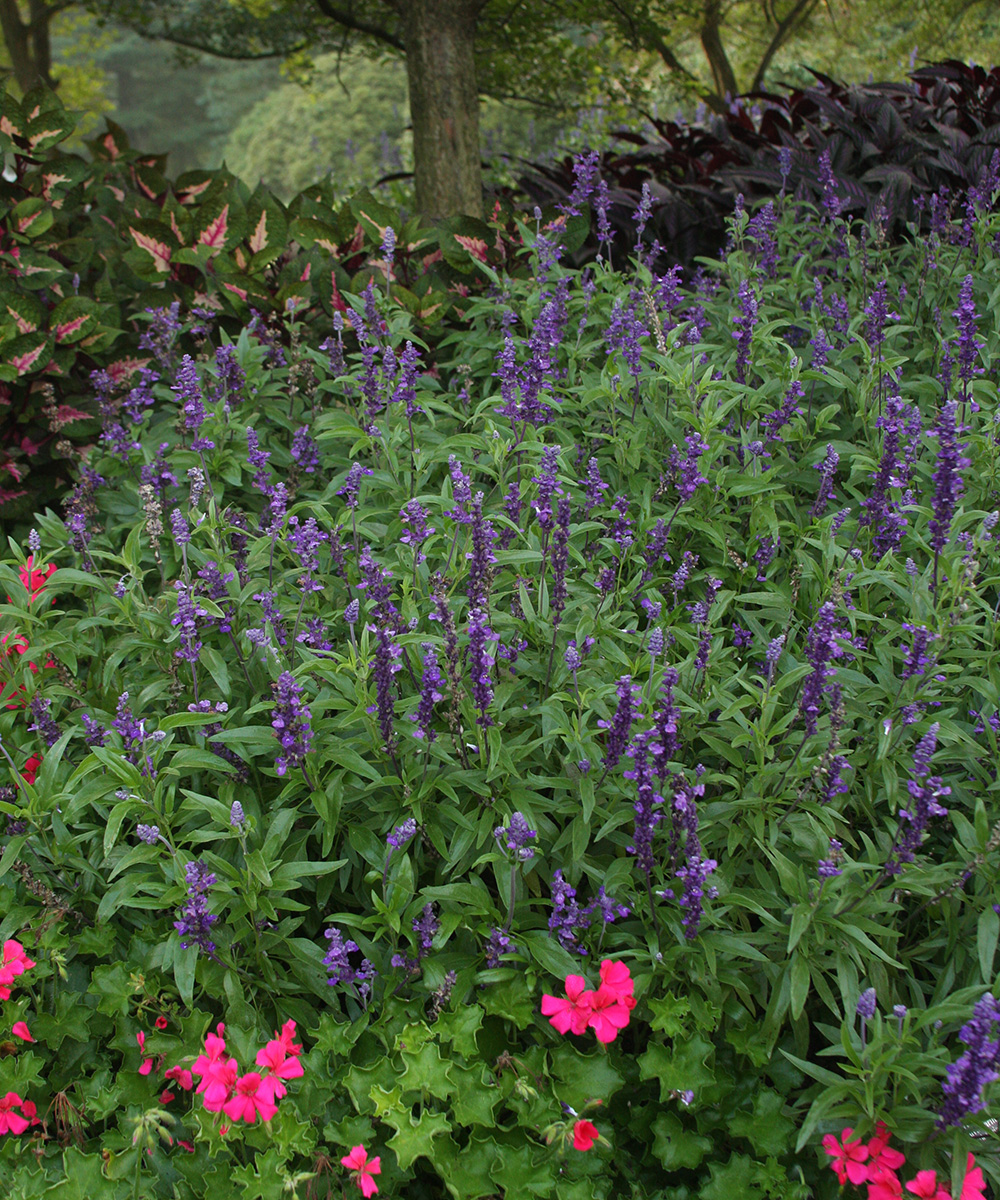
Perennials
Mealycup sage (Salvia farinacea and cvs., Zones 7–11), is popular with bees and adds height to a container. It blooms from spring to fall. The spires of flowers can be anywhere between white and dark purple, depending on the cultivar. There are lots of cultivars of this species, so it’s usually easy to find one. ‘Henry Duelberg’ is one we use a lot. The Evolution® series of mealycup sage is more compact and has several colors. Also check out ‘Goodness Grows’ veronica (Veronica ‘Goodness Grows’, Zones 4–7) for a similar look in a hardier plant.
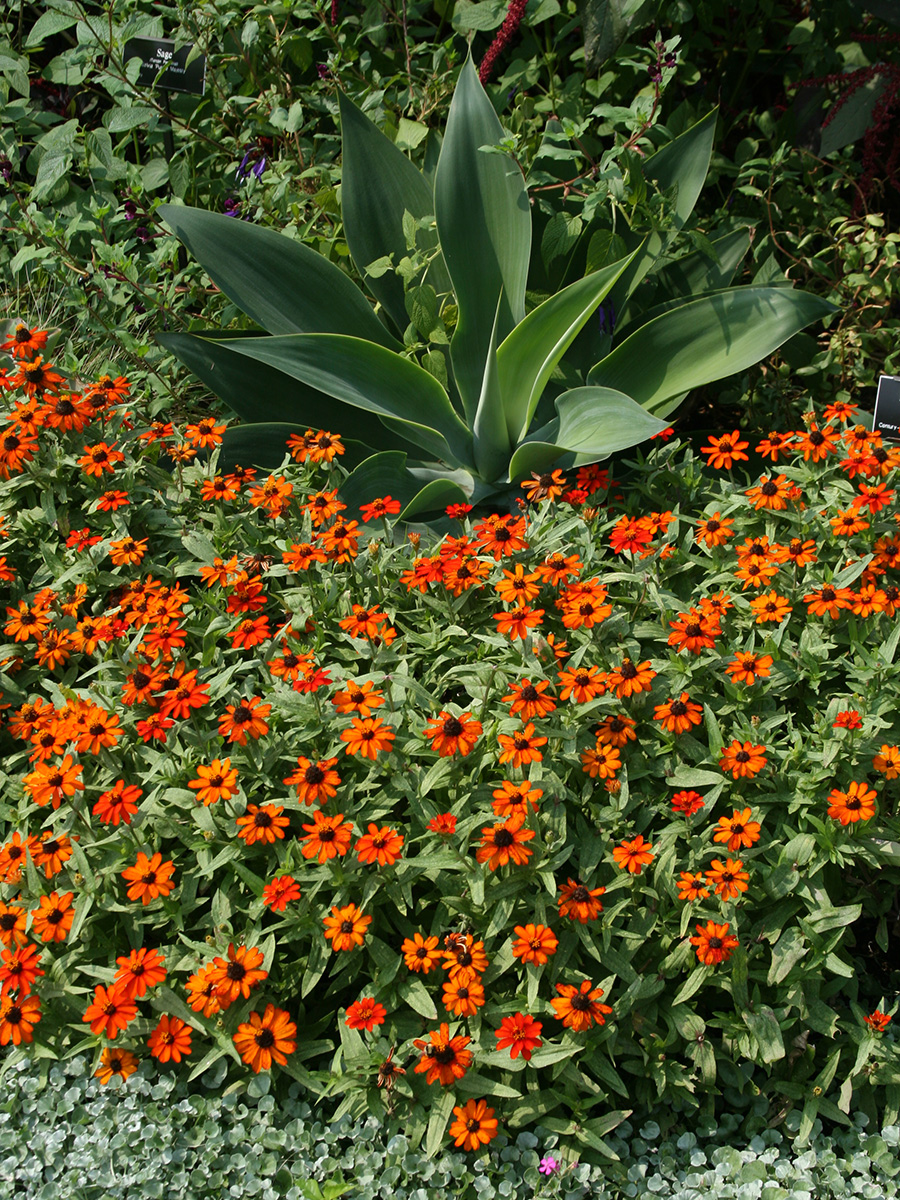
Annuals
Lantana is now available in container-sized versions. There are lots of colors available, and bees adore it. The Little Lucky™ series lantanas (Lantana cvs., Zones 10–11) are smaller growing and don’t produce many seeds. ‘New Gold’ (Lantana × ‘New Gold’, Zones 10–11) is probably one of the best smaller-growing lantanas.
Trailing verbena (Verbena cvs., Zones 9–11) comes in a lot of colors and makes a great spiller in containers. Most are long-blooming and showy. The clusters of small, tubular flowers are perfect for attracting bees.
One of the best trailing container plants is calibrachoa (Calibrachoa spp. and cvs., Zones 9–11), which also happens to be popular with bees. Available in all kinds of colors and bicolors, it blooms prolifically all summer and is lovely to look at.
The shorter varieties of zinnia (Zinnia spp. and cvs., annual) can make great fillers in containers. The single-flowered Profusion series zinnias come in a great selection of colors and are long-blooming. Linear-leaf zinnias (Z. angustifolia, annual) are prolific flowerers and very heat and drought tolerant.
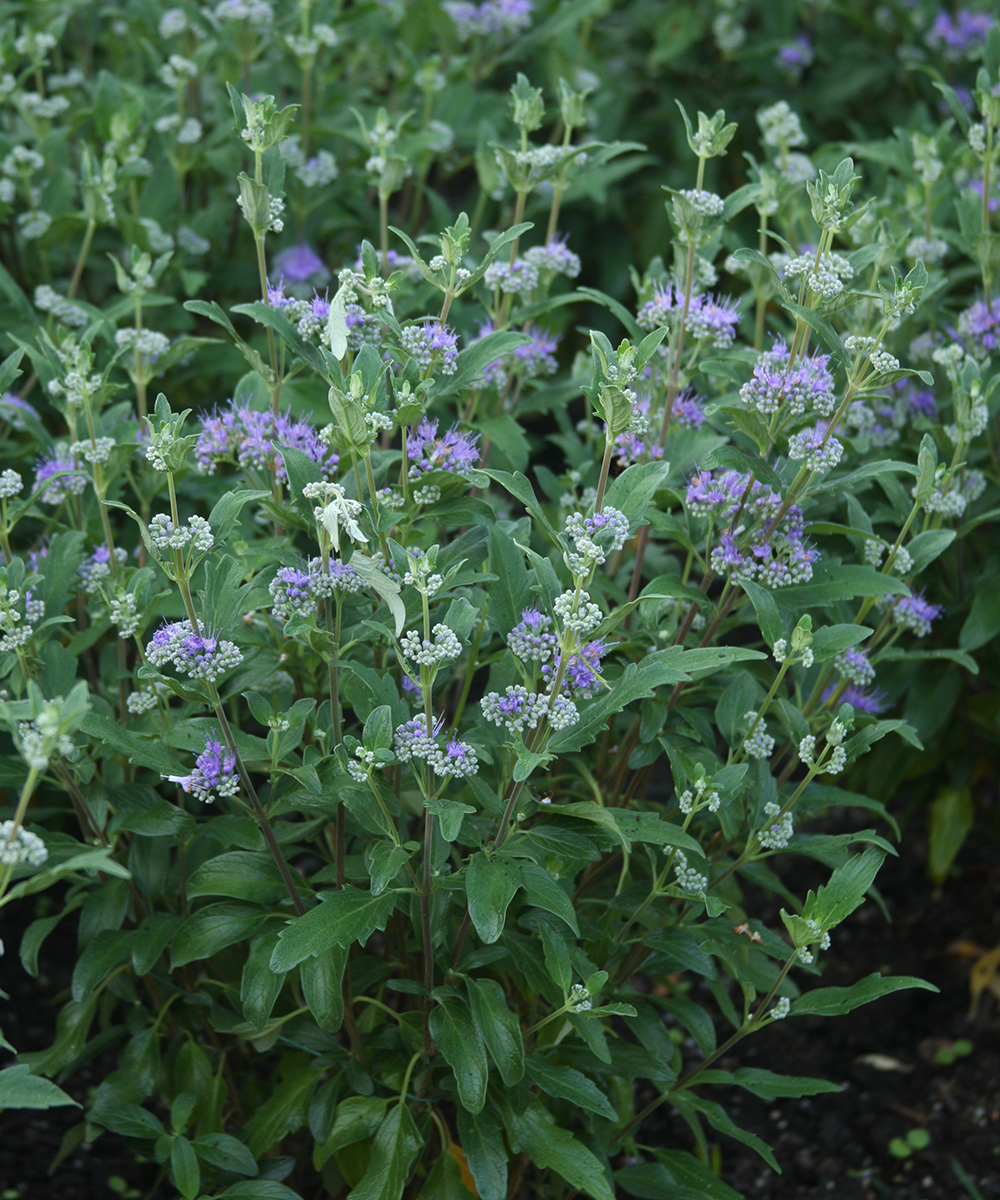
Dwarf shrubs
The new dwarf butterfly bushes (Buddleia cvs., Zones 5–9) are popular for containers. Many are sterile, so they won’t produce seed. I try to remove spent flower heads (and thus seeds) quickly so the new flowers appear as soon as possible. Butterflies and moths enjoy these also. The Buzz™ series offers a nice selection of colors. Another great dwarf shrub for attracting bees is bluebeard (Caryopteris × clandonensis cvs., Zones 5–9).
Planting beautiful containers is fun and easy. A few thoughtful plant choices can also make them bee magnets.
—Jason and Shelley Powell own and manage Petals from the Past, a garden center in Jemison, Alabama.
Fine Gardening Recommended Products
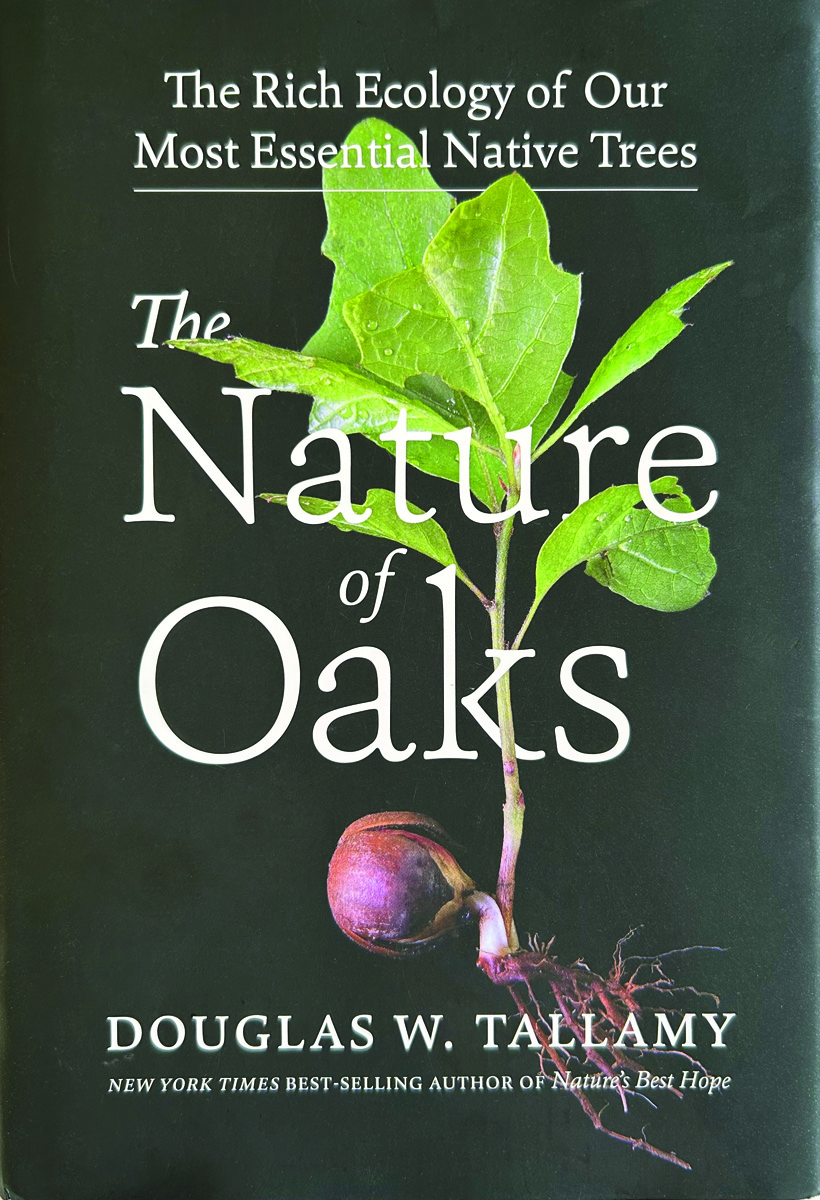
The Nature of Oaks: The Rich Ecology of Our Most Essential Native Trees
Fine Gardening receives a commission for items purchased through links on this site, including Amazon Associates and other affiliate advertising programs.
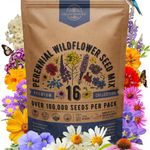
Organo Republic 16 Perennial Wildflower Seeds Mix for Indoor & Outdoors
Fine Gardening receives a commission for items purchased through links on this site, including Amazon Associates and other affiliate advertising programs.
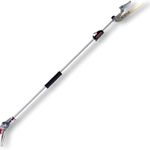
ARS Telescoping Long Reach Pruner
Fine Gardening receives a commission for items purchased through links on this site, including Amazon Associates and other affiliate advertising programs.

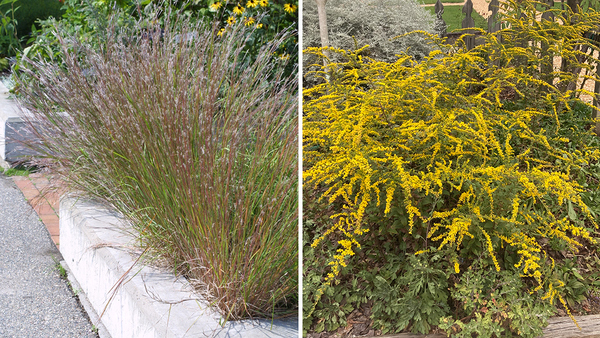

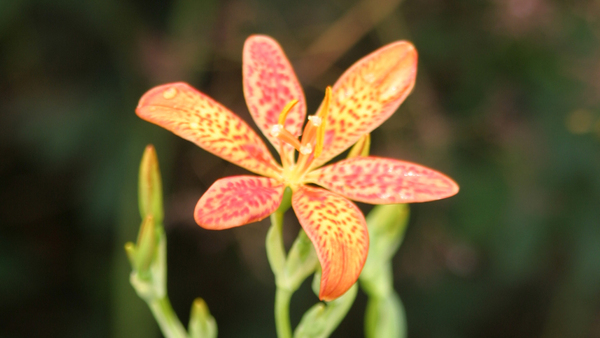

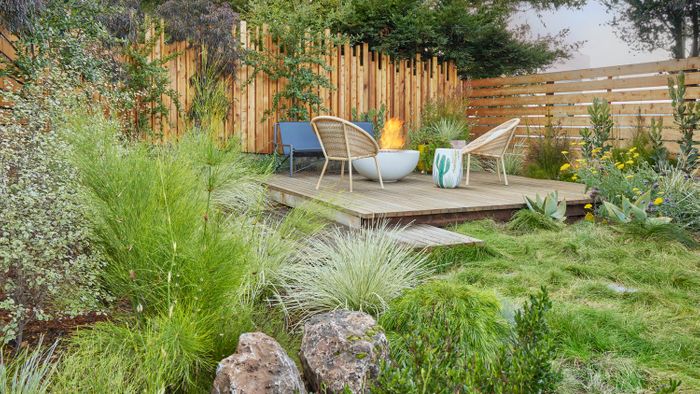
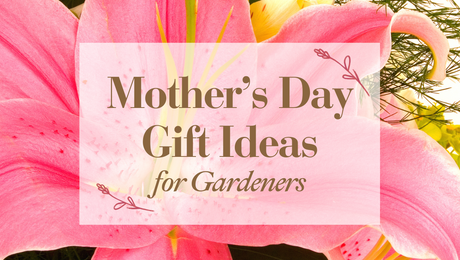
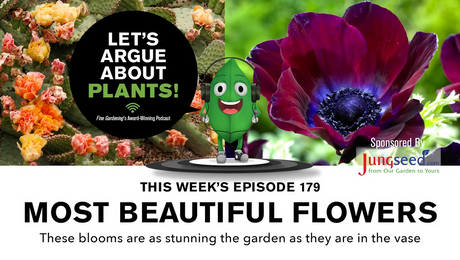










Comments
Log in or create an account to post a comment.
Sign up Log in